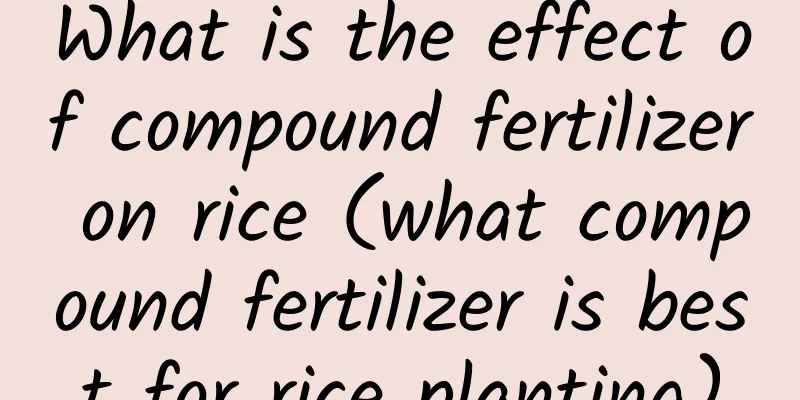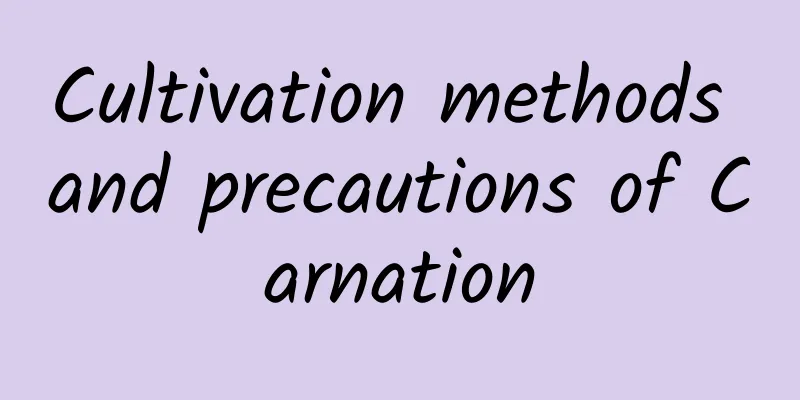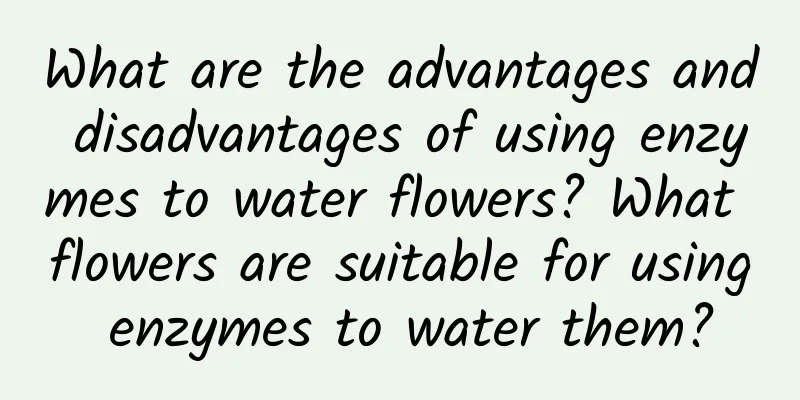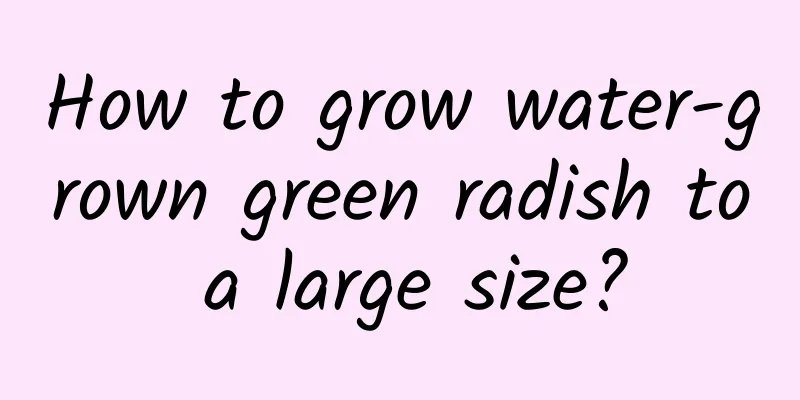What is the effect of compound fertilizer on rice (what compound fertilizer is best for rice planting)

|
To achieve high rice yield, the application of chemical fertilizers is indispensable, but I have never heard of rice being grown without the use of compound fertilizers. The sales volume of special compound fertilizers for rice produced by fertilizer factories is also very large. Rice is a crop that requires a lot of fertilizer, of which potassium is the most, followed by nitrogen, and phosphorus is the least, and it also requires a variety of trace elements. The fertilization of rice is divided into two stages: rice seedling field fertilizer and rice field fertilizer. Although the types of fertilizers required in each stage are different, it does not necessarily mean that compound fertilizers cannot be used. The nitrogen needed by high-yield and high-quality rice during the seedling stage mainly comes from seeds before the three-leaf stage, but some seeds contain less nitrogen. If you want the seedlings to grow healthily, you must provide a certain amount of nitrogen. If you want the seedlings to have a well-developed root system and improve the survival rate after transplanting, you need enough phosphorus fertilizer. If you want the seedlings to tiller more and faster and have thick stems, you need enough potassium fertilizer. You also need an appropriate amount of trace elements . As the saying goes, "a good seedling is a good food for half a year", one of the keys to cultivating strong seedlings is to use good fertilizers. The growth time of seedlings in the nursery is very short. In order to supply nutrients in a timely and effective manner, the nursery should be fully fertilized with high-quality organic fertilizer + quick-acting nitrogen, phosphorus and potassium compound fertilizer. The use of base fertilizer alone cannot meet the needs of rapid growth and healthy growth of seedlings. Top dressing is also required in time, such as weaning fertilizer, tillering fertilizer, grafting fertilizer, topdressing of urea and other nitrogen fertilizers, use less ammonium bicarbonate, and spray compound fertilizers such as potassium dihydrogen phosphate on the leaves before transplanting. Before transplanting the seedlings, Honda should apply fertilizers reasonably. The principle is to combine organic and inorganic fertilizers, and coordinate nitrogen, phosphorus and potassium fertilizers to provide comprehensive and reasonable nutrition for the growth and development of rice. The method of fertilization is to mix organic fertilizer and inorganic fertilizer evenly, apply it to the field and then plow it so that the entire cultivated layer is covered with fertilizer. This is called full-layer fertilization method. The topdressing of rice fields should be tillering fertilizer, panicle fertilizer and grain fertilizer, mainly nitrogen fertilizer, such as urea . Applying potassium dihydrogen phosphate compound fertilizer from the rice heading stage to the heading stage can increase the fruit setting rate and increase the thousand-grain weight. It is not that compound fertilizers cannot be applied to rice fields, but due to the special growth state of rice, the amount of fertilizer required is different. Ordinary compound fertilizers have a fixed ratio of nitrogen, phosphorus and potassium, and some nitro-compound fertilizers are not suitable for rice, so some people do not recommend their use . But now there are many special compound fertilizers for rice, which are developed according to the characteristics of fertilizers required for the growth and development of rice and can be used. The principle of rice fertilization is to use base fertilizer as the main fertilizer, and to use base fertilizer and topdressing in combination. Base fertilizer is mainly organic fertilizer, and inorganic fertilizer is used in combination with nitrogen, phosphorus, potassium, macronutrient compound fertilizer and trace element fertilizer. However, organic fertilizer has a slow effect, while inorganic fertilizer contains high nutrient concentration, has a quick effect and is easily absorbed by the plant. In short, it is not that compound fertilizers cannot be used for rice, but they are mainly used as base fertilizers, with less topdressing. Fertilizers are food for crops, nutrients, and a guarantee of high yields. They are not the natural enemy of green food. They can be used in appropriate amounts to meet the food supply of the growing population. The key is how to use them reasonably, improve the utilization rate of fertilizers and reduce the use of chemical fertilizers. |
>>: Why are coriander seedlings uneven? (Why are coriander seedlings so thin after they emerge?)
Recommend
How to propagate garlic vine
Cutting propagation of garlic vine For plants suc...
The cultivation methods and precautions of Daxuesu
1. Maintenance methods 1. Temperature: Fifteen to...
How to grow mint, mint pictures
1. Daily maintenance 1. Soil: Loose and fertile s...
Hang the flowers on the ceiling and they will grow into big flower balls, which are beautiful and save space!
Million Bells The flowers of Million Bells are sh...
The legend and symbolism of hawthorn
The symbolism of hawthorn One of the symbols of h...
The meaning of peony
1. Elegant and noble Peony symbolizes elegant and...
Azalea has buds but does not bloom, management of azalea flowering period
1. Improve ventilation Reason: Poor air circulati...
How to raise Ardisias
1. Breeding methods 1. Flower soil: Ardisia cilia...
Osmanthus cultivation and Feng Shui knowledge
Cultivation method of osmanthus Osmanthus prefers...
Key points for the maintenance of Tiger Pilan, what should you pay attention to
1. Maintenance points 1. Sandy soil: Tiger Piranh...
How to prolong the shelf life of rose bouquets
maintainance 1. Wrap with plastic film. After cho...
How to use the nutrient solution for hydroponic green radish? How to use the nutrient solution for hydroponic green radish?
The best way to fertilize hydroponic green radish...
Ground rose planting methods and techniques
Rose is one of my country's traditional famou...
Recommended Lunar New Year flowers with auspicious meanings
1. Phalaenopsis In many cases, orchid plants are ...
How to grow red lily
1. Temperature guarantee During the maintenance o...









